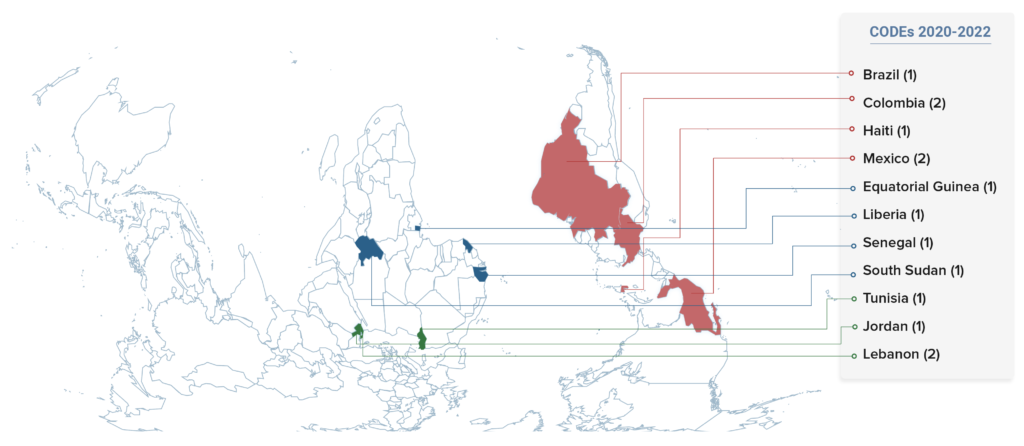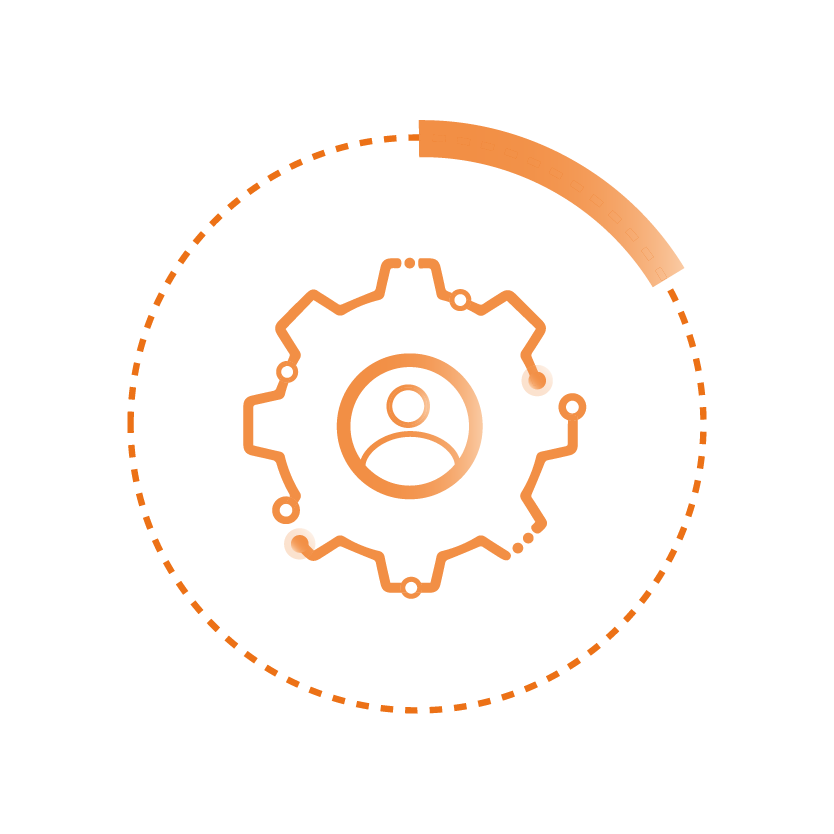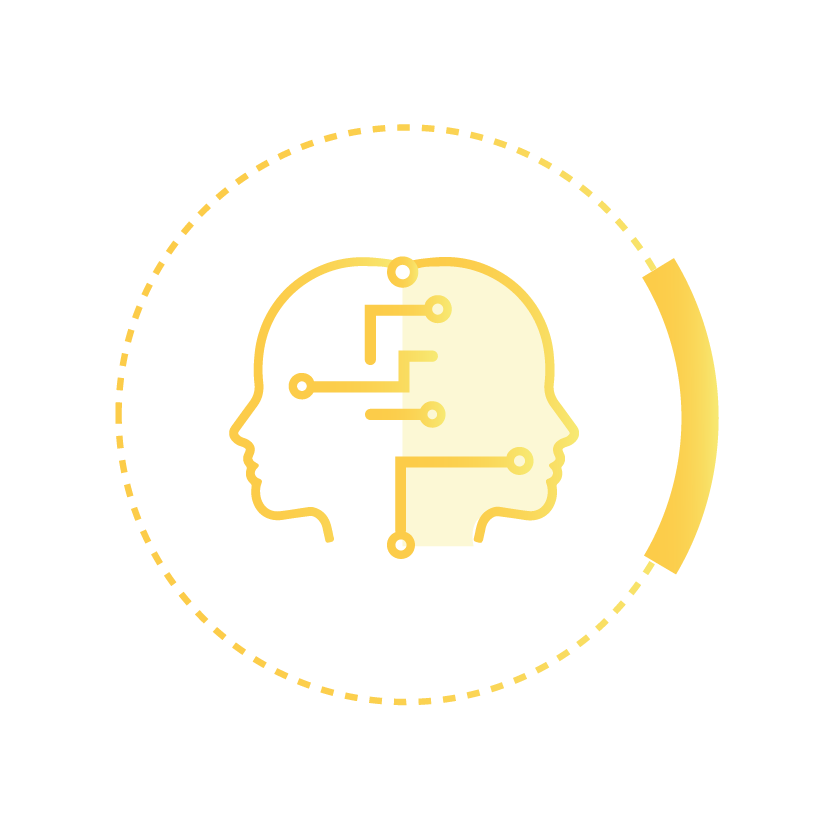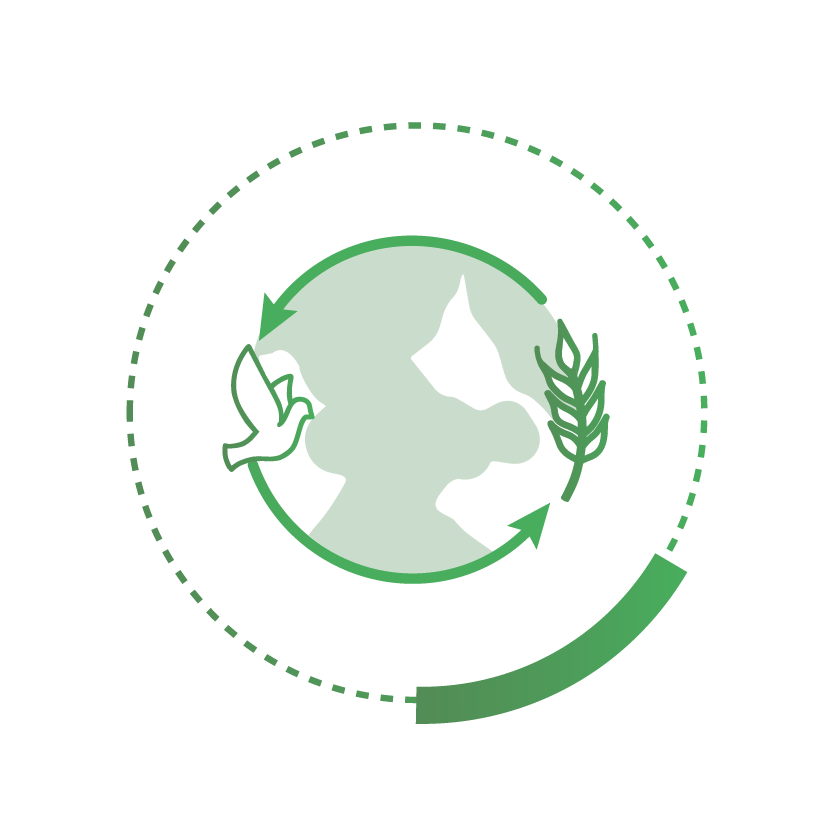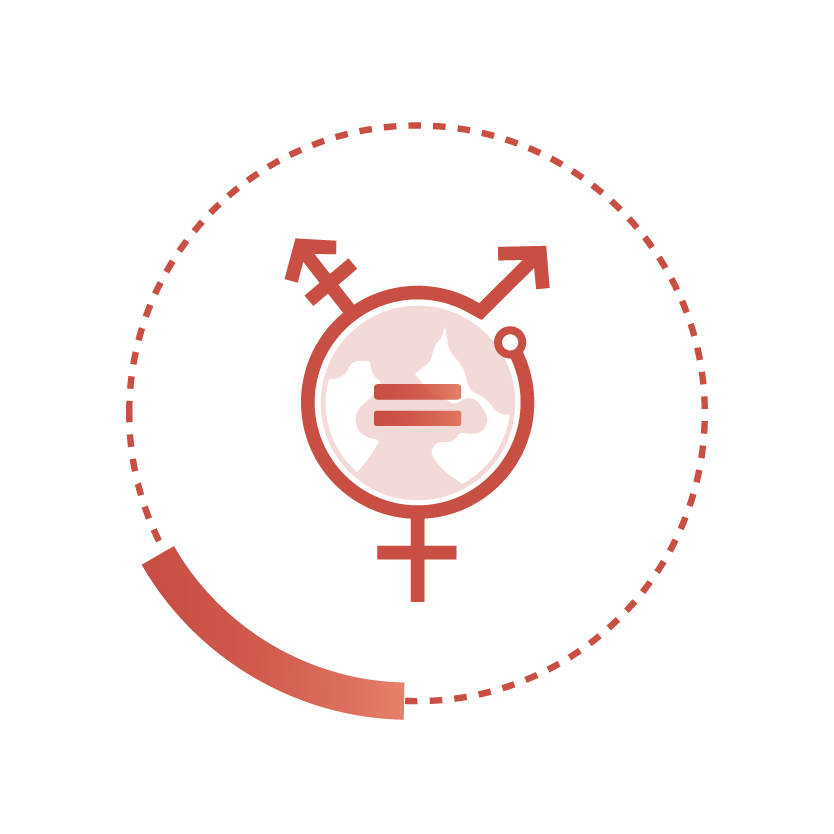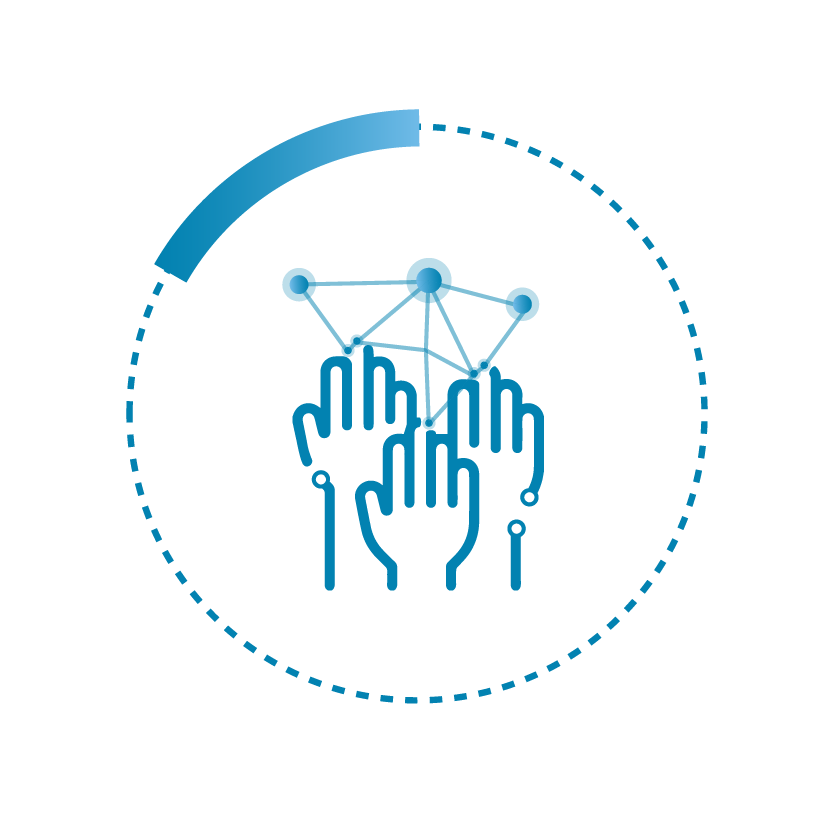OVERVIEW
Pillars of Work
The pillars of work represent a theory of change, and ways of addressing development problems using data and technology. They also can be understood as key steps towards our mission of changing the world with data. These pillars are the foundational structure of Data-Pop Alliance.
Diagnose local realities and human problems using data, AI and technology
Mobilize capacities and ideas towards more data literate societies
Transform systems and processes that underpin our societies and countries
Councils for the Orientation of Development and Ethics (CODEs)
Starting in 2020, most of our projects involve a CODE. This is a group of independent members and stakeholders from diverse sectors (e.g. civil society, international NGOs, government and academia) who voluntarily share their expertise in areas of direct relevance to the project in question. The CODE serves as an advisory group, but it is also a mechanism to ensure that our work complies with ethical principles, often in relation to the fair and safe use of data, and is relevant to local contexts. The CODE concept was born during the initial implementation of the Open Algorithms (OPAL) project co-founded by Data-Pop Alliance, and is now being generalized to all our major projects.
Thematic Programs
Data-Pop Alliance implements the methodologies embedded in our pillars of work to develop projects around six priority areas or Thematic Programs: Just Digital Transformations, AI and Statistics for the SDGs, Data for Resilient Societies, Data Feminism, Geographies of Inequalities, and Technology and Democracy.
Click in the icons below to learn more about the impact we seek to generate, the methods use, our specific products, and the SDG’s addressed through our work in each Program.
-
Just Digital Transformations
-
AI and Statistics for the SDGs
-
Resilient Livelihoods and Ecosystems
-
Data Feminism
-
Geographies of Inequalities
-
Technology and Democracy
DPA critically assesses the enabling conditions for ethical digital transformations, and supports civil society, public, and private organizations to understand and reach digital maturity.
Strategic evaluation of digital-related policies, digital maturity assessments, mixed-methods digital ecosystem research, tailored recommendations, and action data plans
- Strategic Evaluation of Digital-related Policies
- Digital Maturity Assessments
- Digital Ecosystem Research
- Data and Digital Strategy
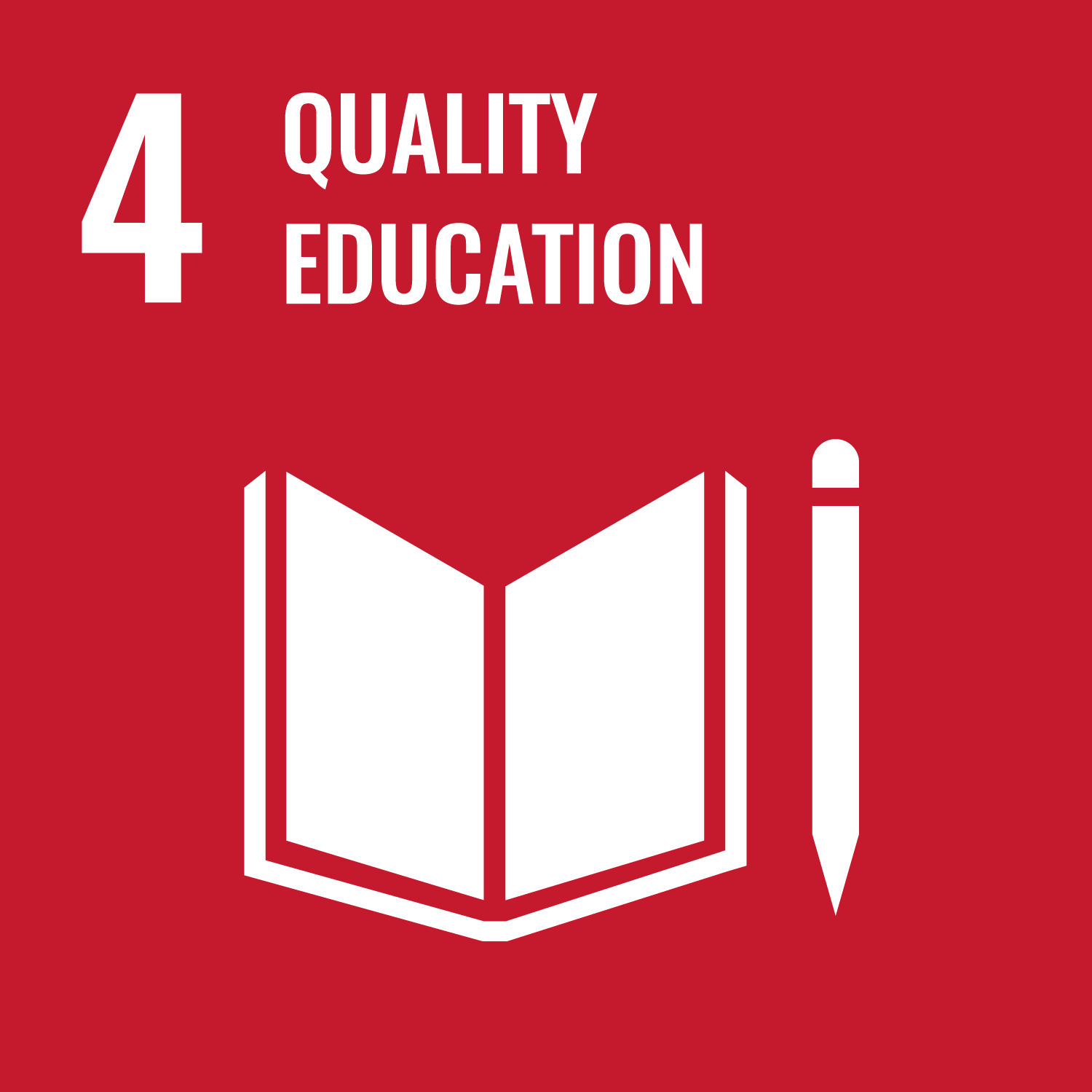
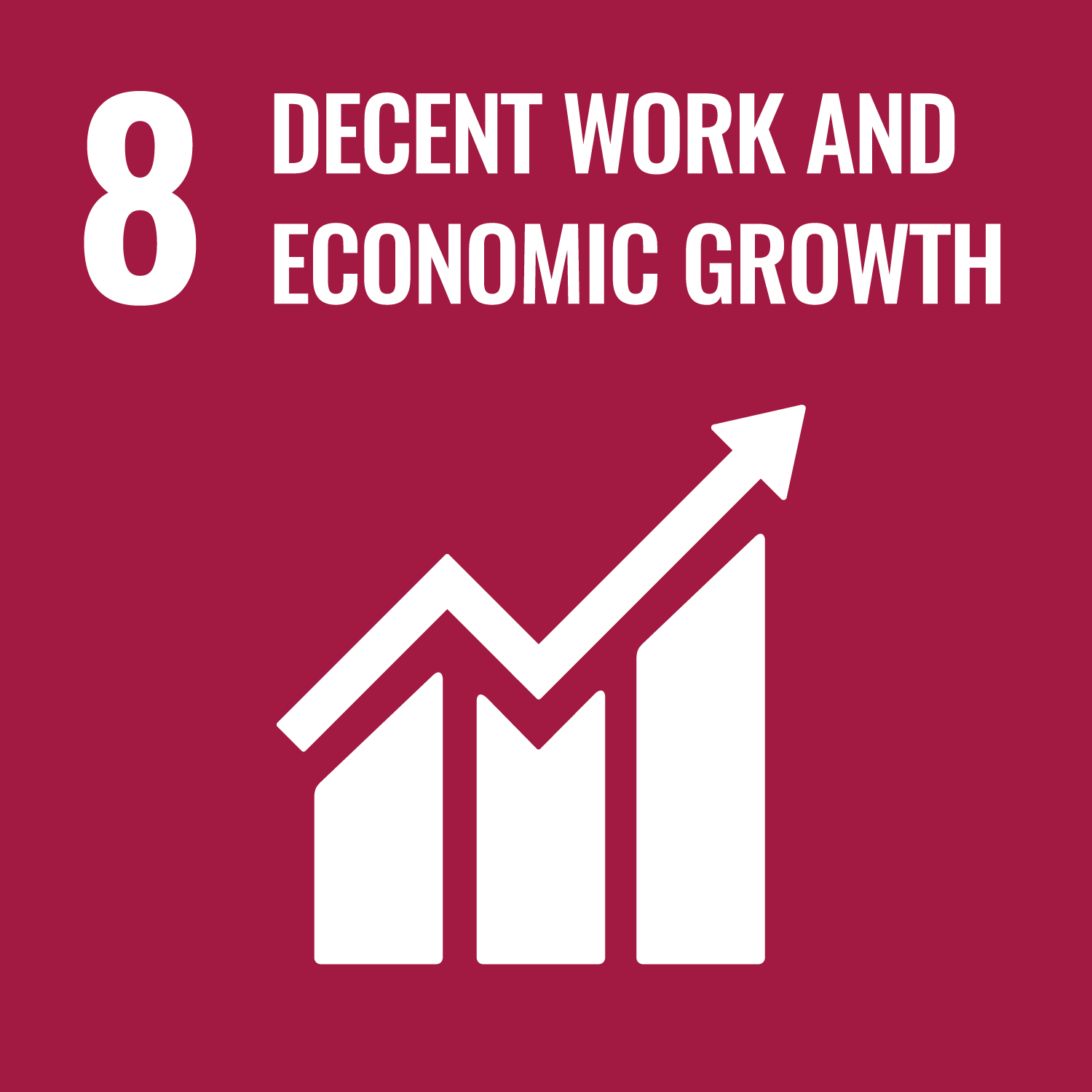
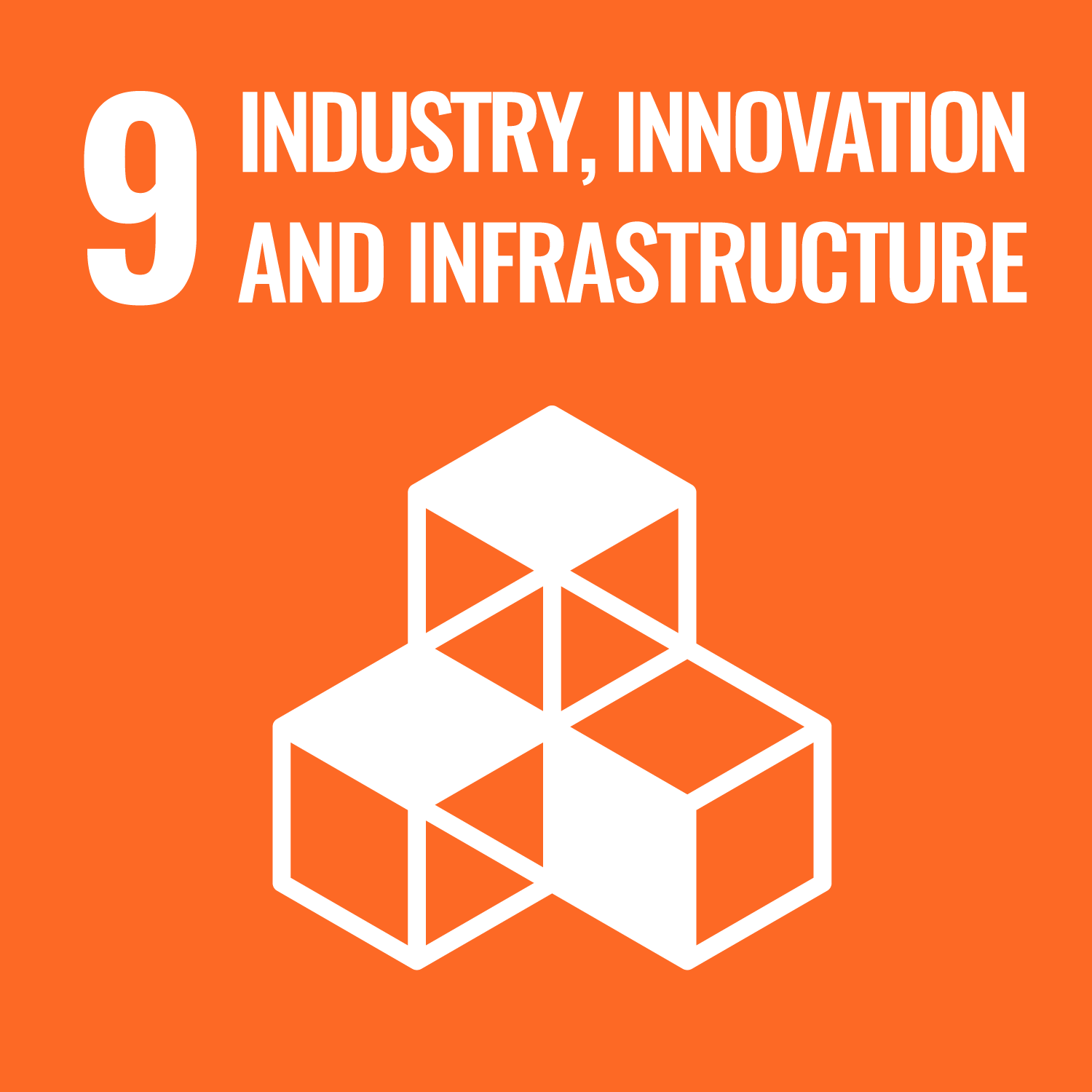
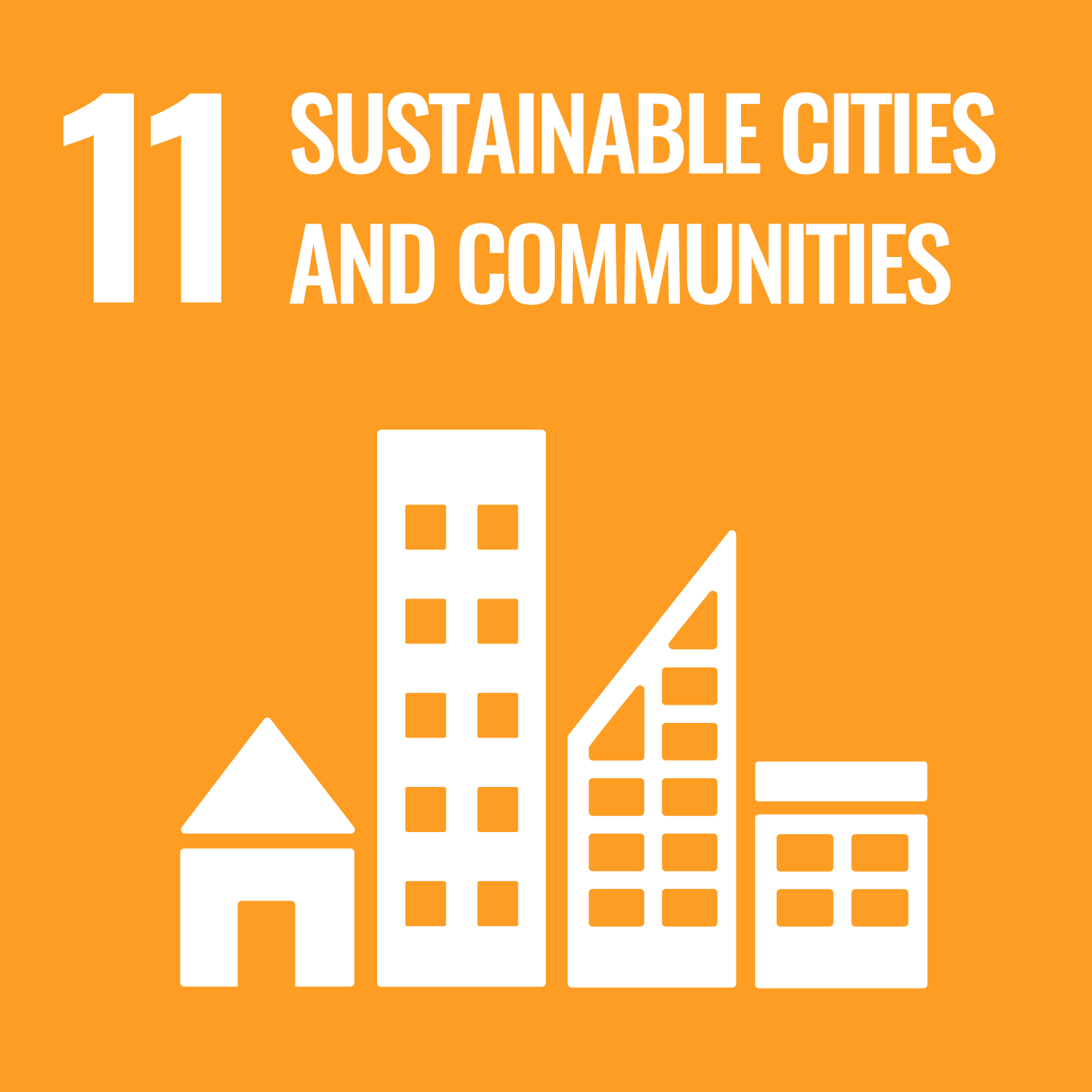
DPA equips individuals and organizations with data skills, systems, and standards to navigate the ‘age of data’ and develops measurement methodologies for policy and the SDGs.
In-person and online courses, advanced data modeling AI-based analysis for measuring the unmeasured
- Tailored Data Trainings
- SDGs Assessments and Measurement
- OPAL for Public Data and Good
- Human AI Research

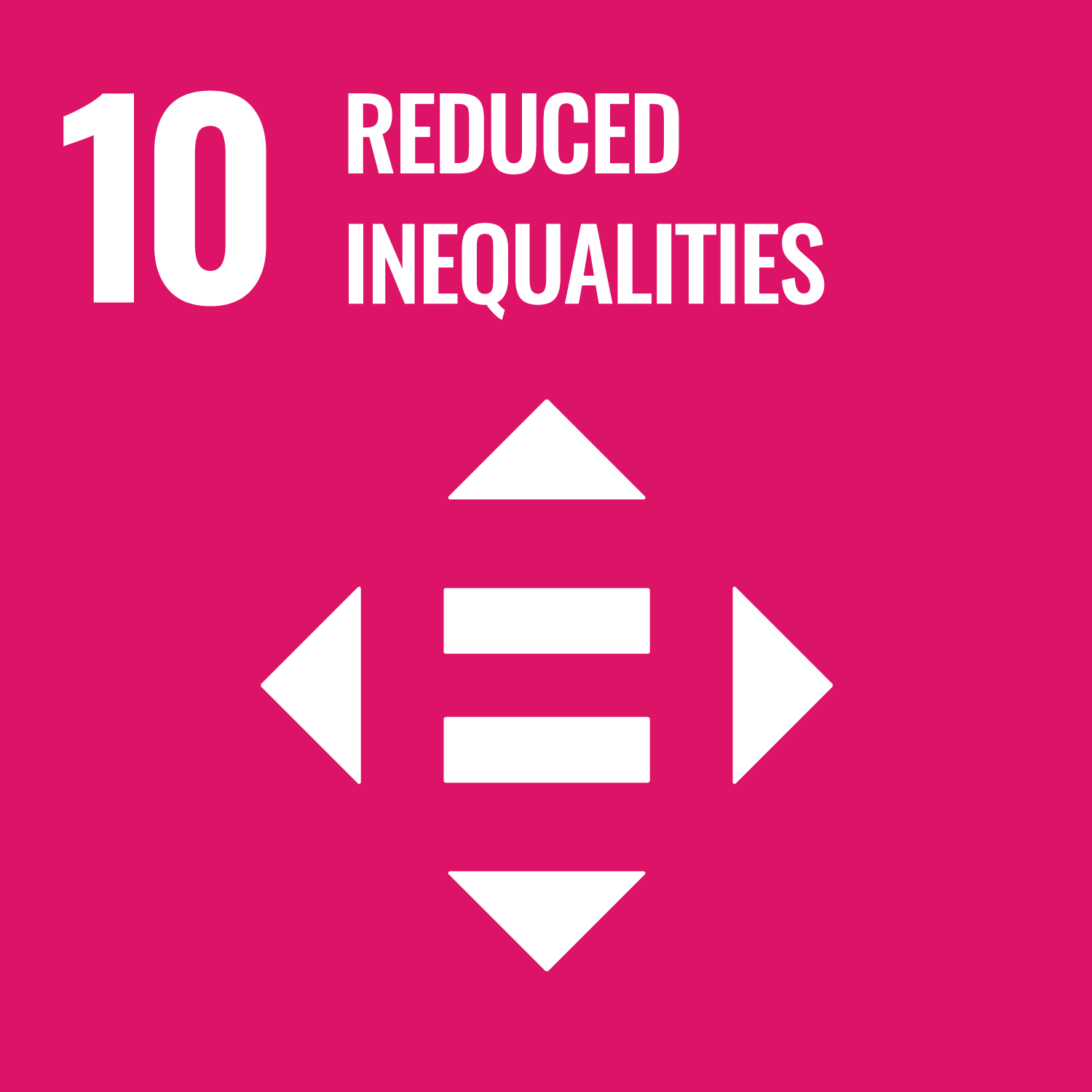
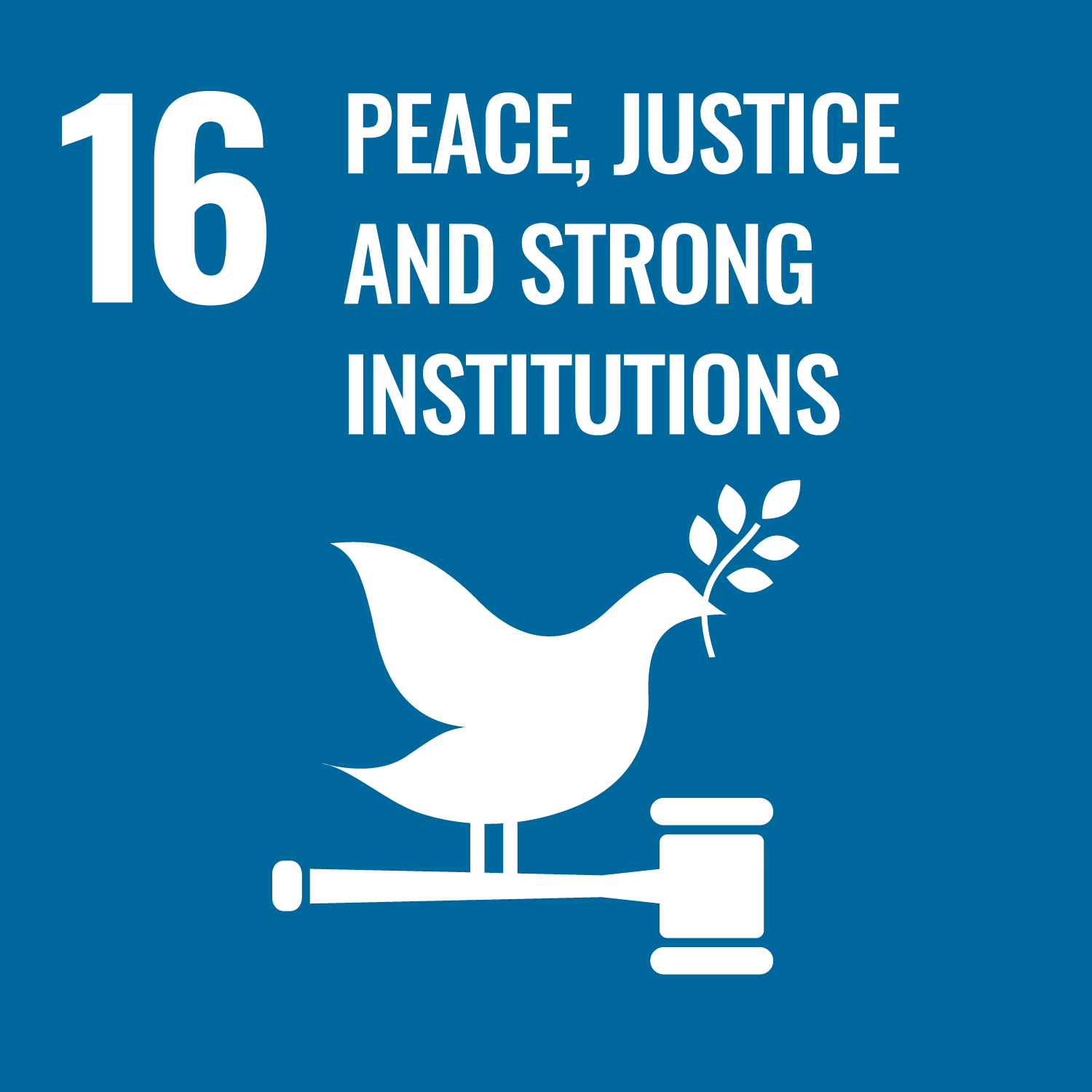
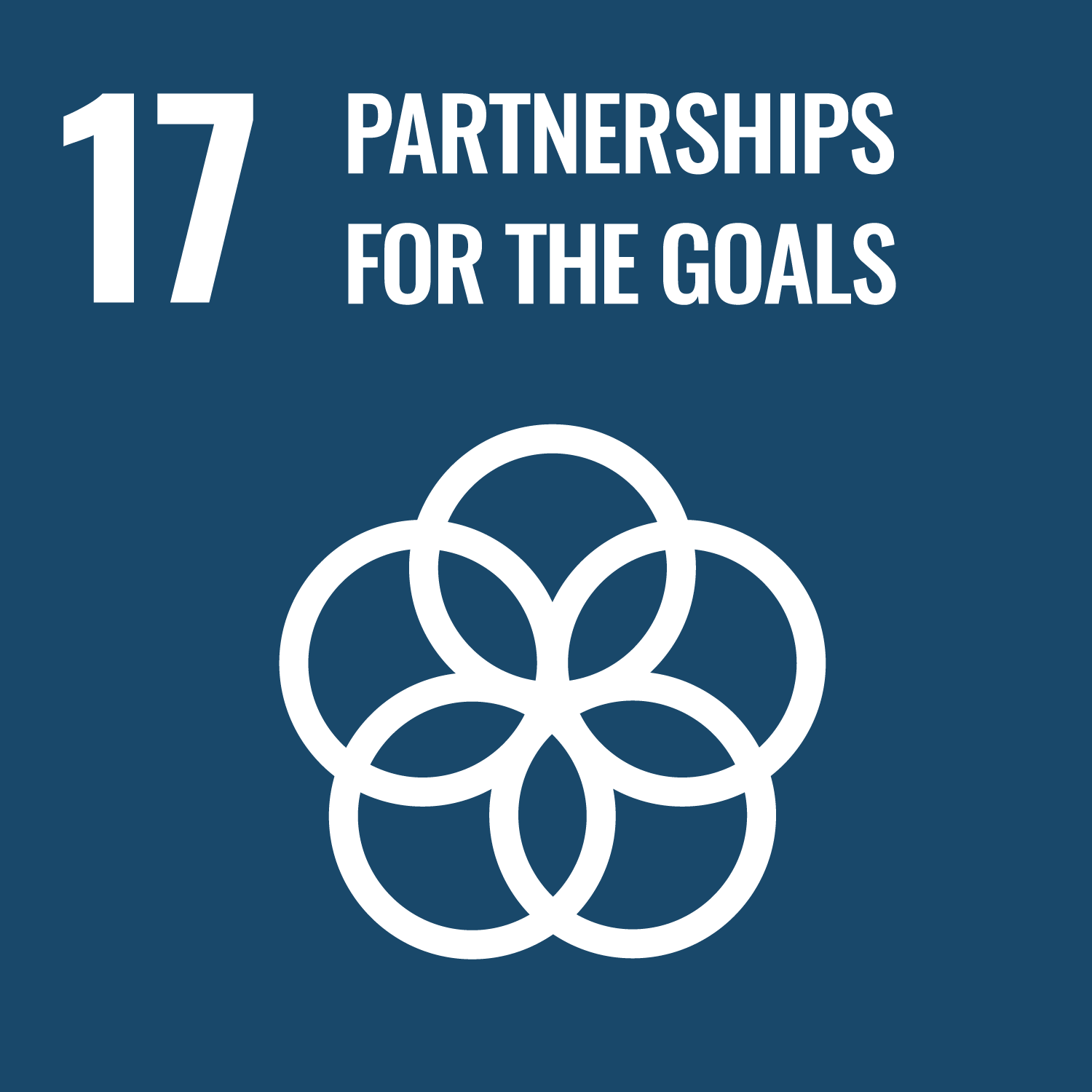
DPA improves evidence, knowledge, and tools for policy-making at the nexus of crisis, conflicts, and climate change –and their impacts on livelihoods and societies– to foster resilience and inclusion in the face of multiple co-ocurring shocks.
Mix-methods data collection and analyses, evaluations, AI-based modeling, and participatory approaches for contextualized action-plans to strengthen resilience and produce stronger social protection schemes.
- Crisis Impact Evaluations
- Vulnerability and Exclusion Assessments
- Future of Livelihoods Lab
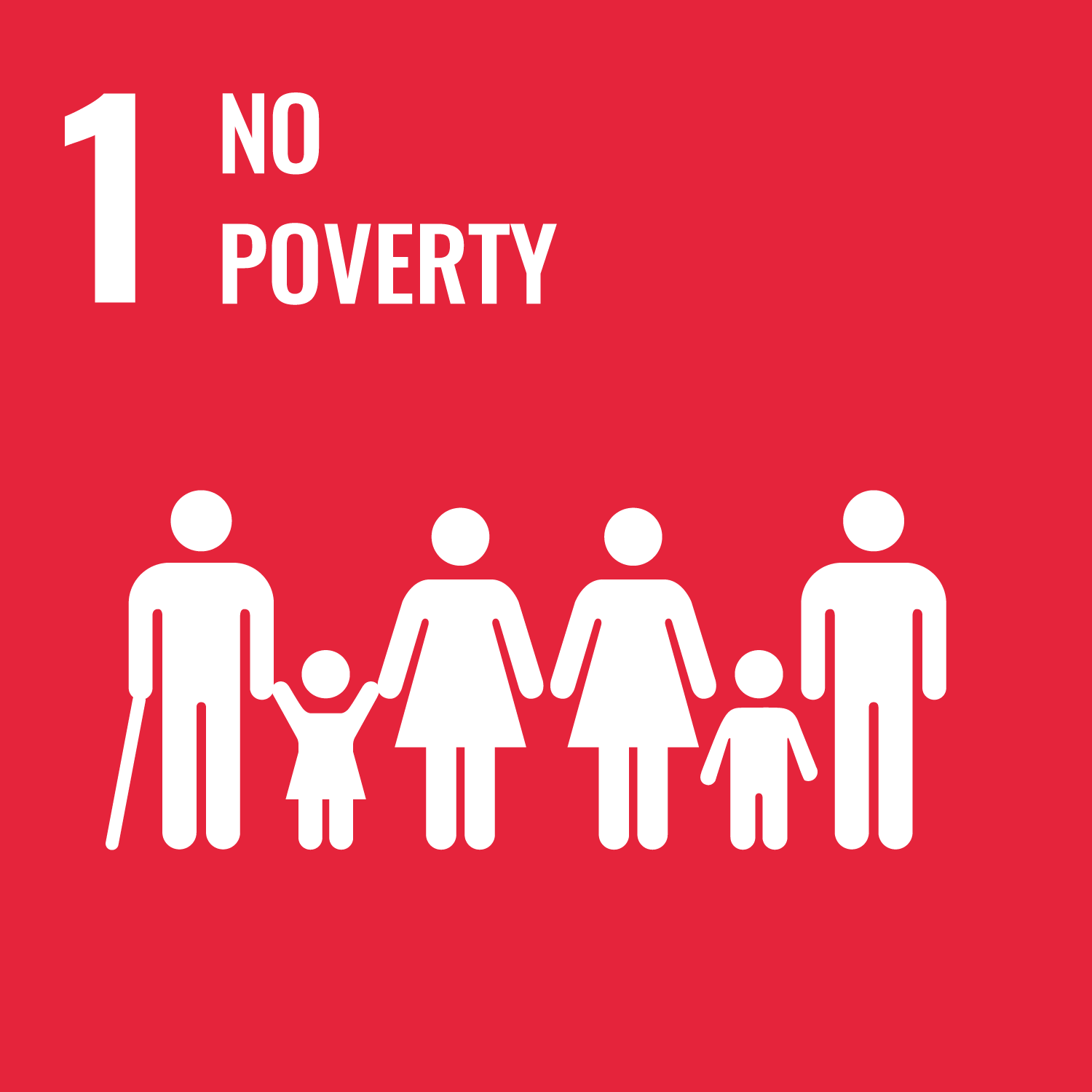

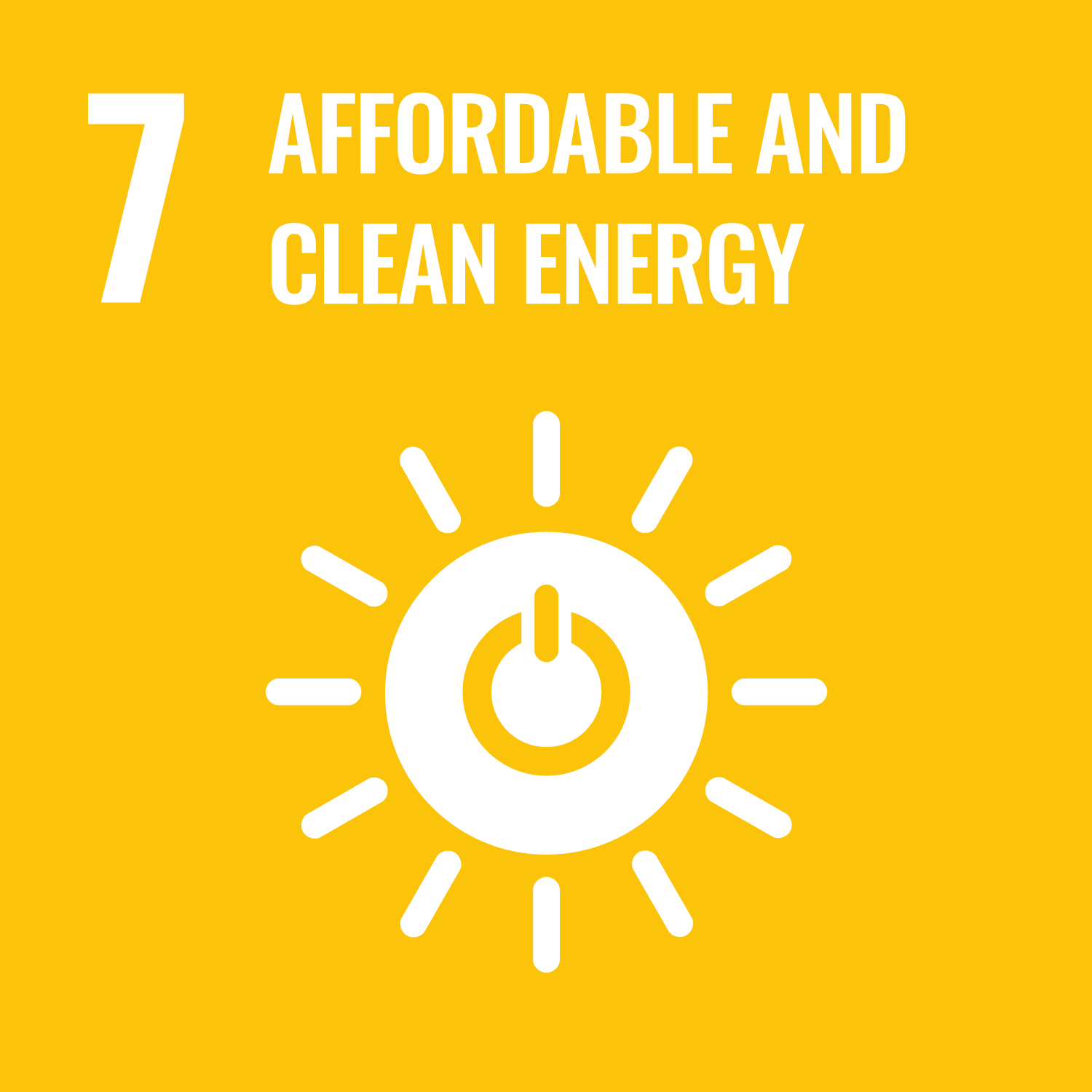

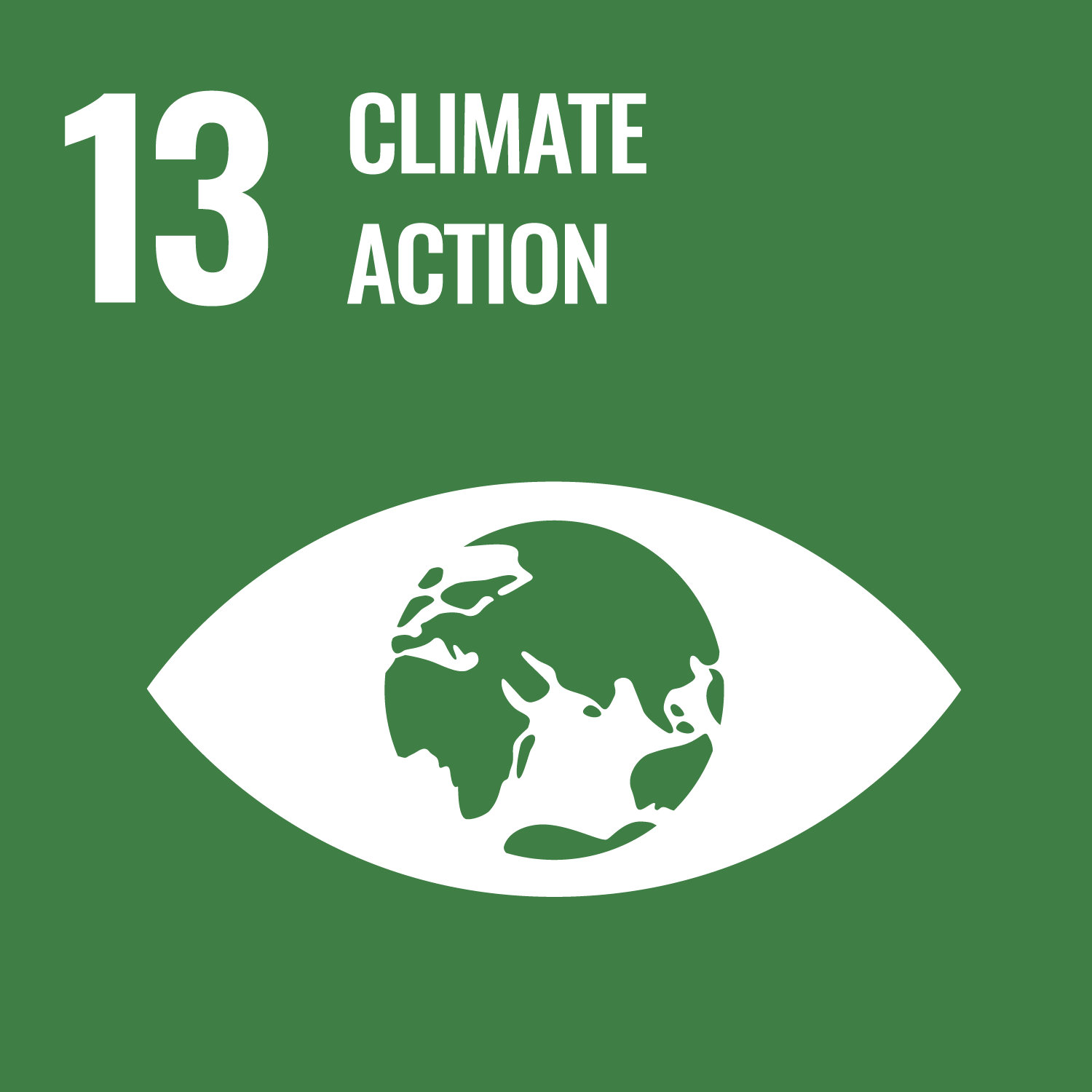
DPA produces evidence for advocacy and policy to accelerate intersectional, feminist and LGBTQI+ inclusive gender equality.
Mixed-methods evidence-based assessments, gender and data capacity-building, advanced GBV data modeling and visualization
- Evidence-Based Gender Assessments
- Gender and Data Training
- GBV Modeling
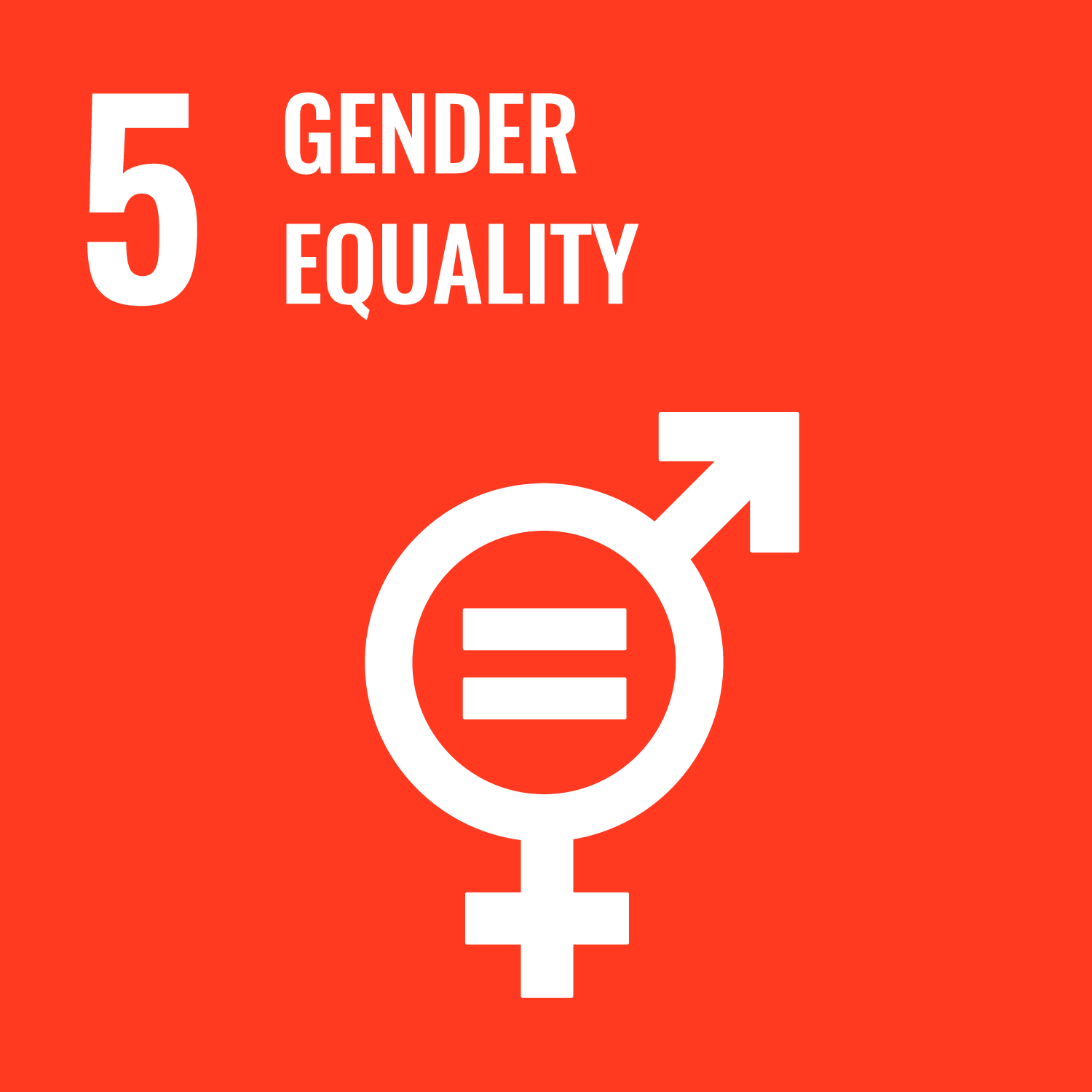



DPA uses (Big) Data for greater understanding of the implications and dynamics of poverty, violence and migration, considering vulnerable populations’ and subgroups’ identities and experiences.
Mixed-methods research, data modeling, and policy advice
- ‘Fragmented Cities’ Analyses
- Assessments of the Impact and Implications of Crime Across Urban Subgroups
- Assessments of Living Conditions of Refugees and Host Communities
- Data for Refugees Challenges





DPA develops tools responding to anti-democratic processes fueled online (non-profit focusing on the use of social media to foster social awareness) and produces actionable knowledge about the impacts of technology for societies and democracy.
Thematic cycles on Eureka (non-profit social media fostering social awareness), mixed-methods research, machine learning-based tools
- Eureka, a Civic-tech Movement
- Infocracy Studies
- AI-based Diversity Assessments






